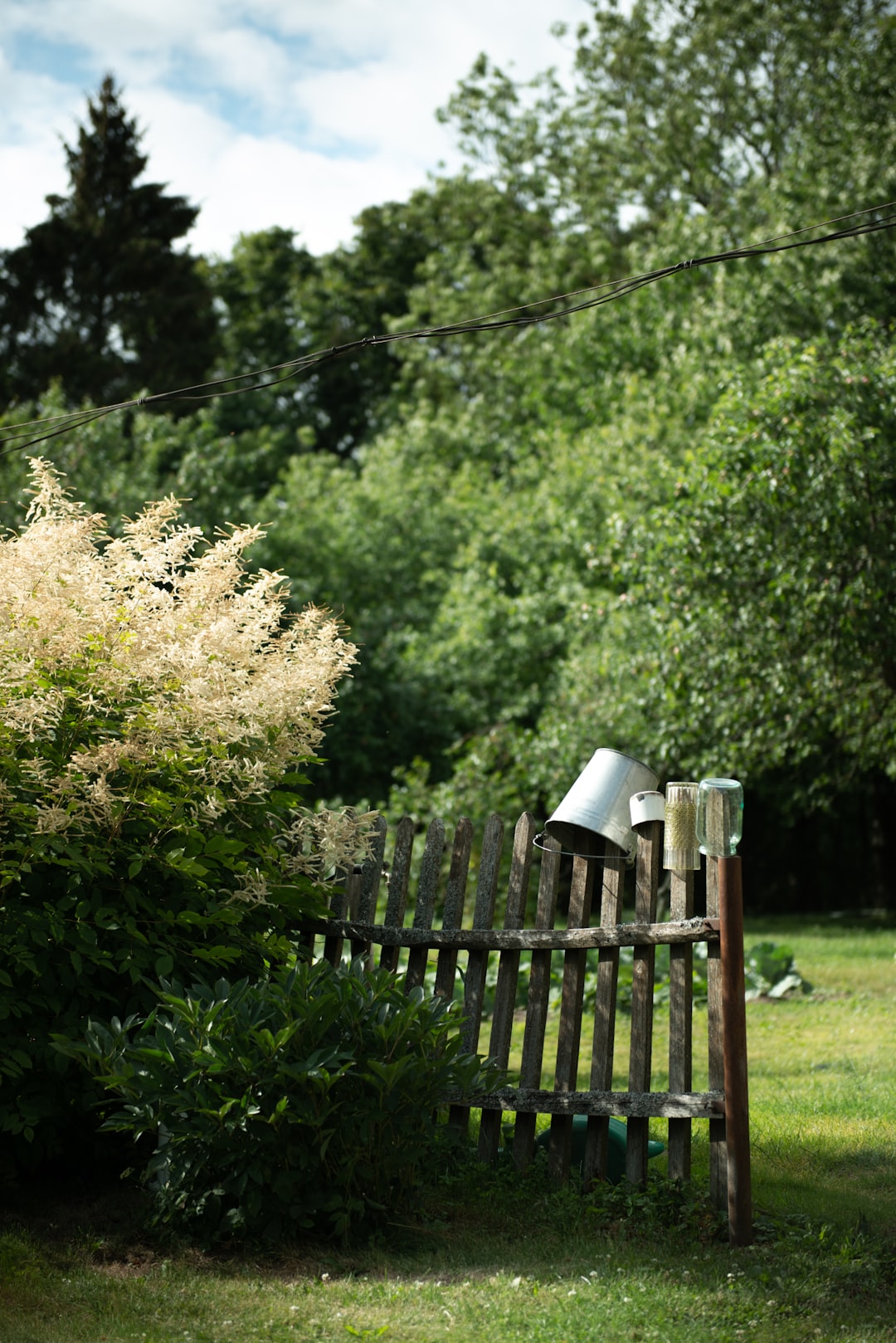Tips for Growing a Successful Vegetable Garden
Vegetable gardening is a rewarding and fulfilling hobby that not only provides fresh and healthy produce but also allows you to connect with nature. Whether you are a beginner or an experienced gardener, here are a few tips to help you grow a successful vegetable garden.
1. Plan your garden layout: Before starting your vegetable garden, it is important to plan the layout. Consider the amount of space you have available, the types of vegetables you want to grow, and their sunlight and watering requirements. Group plants with similar needs together to ensure efficient use of resources.
2. Choose the right location: Vegetables thrive in areas that receive at least 6-8 hours of direct sunlight per day. Select a spot in your garden that is not shaded by buildings or trees. Additionally, ensure that the soil is well-drained to prevent waterlogging and rotting of plant roots.
3. Prepare the soil: Healthy soil is the foundation of any successful garden. Prior to planting, it is important to prepare the soil by removing any weeds and rocks, and loosening it with a garden fork or tiller. Amend it with well-rotted organic matter such as compost to improve its fertility and texture.
4. Start with quality seeds or seedlings: Whether you choose to start your plants from seeds or purchase seedlings, always go for high-quality varieties. Look for seeds that are labeled as organic or heirloom, as they tend to be more nutritious and resilient. If opting for seedlings, ensure they are strong, disease-free, and have a well-developed root system.
5. Optimize watering: The key to successful watering is to provide plants with a consistent supply of moisture without overwatering. Water deeply and thoroughly, ensuring the entire root zone is adequately irrigated. Avoid watering overhead, as it can encourage the spread of diseases. Consider using a drip irrigation system to deliver water directly to the plant’s root zone and minimize evaporation.
6. Mulch to conserve moisture: Mulching is an effective technique to prevent moisture loss, suppress weed growth, and regulate soil temperature. Spread a layer of organic mulch, such as straw or shredded leaves, around your plants to retain moisture and reduce the need for frequent watering.
7. Regularly feed your plants: Vegetables are heavy feeders and require a steady supply of nutrients to grow vigorously. Apply a balanced organic fertilizer before planting and supplement it with additional feedings throughout the growing season. Organic options like compost and fish emulsion are great choices to nourish your plants without relying on synthetic chemicals.
8. Control pests naturally: Pest management is an integral part of maintaining a healthy vegetable garden. Rather than resorting to harmful chemical pesticides, consider using natural methods to control pests. Introduce beneficial insects like ladybugs and lacewings, use physical barriers like row covers, and employ organic pest control solutions like neem oil and insecticidal soaps.
9. Practice crop rotation: Crop rotation is a vital technique to prevent the build-up of pests and diseases in your garden. Avoid planting the same vegetable in the same spot year after year, as it can lead to an increased vulnerability to specific pests and pathogens. Rotate your crops annually to help break the cycle and keep your garden healthy.
10. Regular maintenance and observation: Finally, spend time regularly tending to your garden and observing your plants. Remove any weeds, check for signs of pests, and proactively address any issues that arise. Regularly harvest your vegetables when they are ripe to encourage continued production.
By implementing these tips, you can create a thriving vegetable garden that will provide you with a bountiful harvest and a sense of accomplishment. Remember, gardening is a continuous learning process, so be open to experimentation and never stop exploring new techniques to enhance your garden’s success. Happy gardening!

